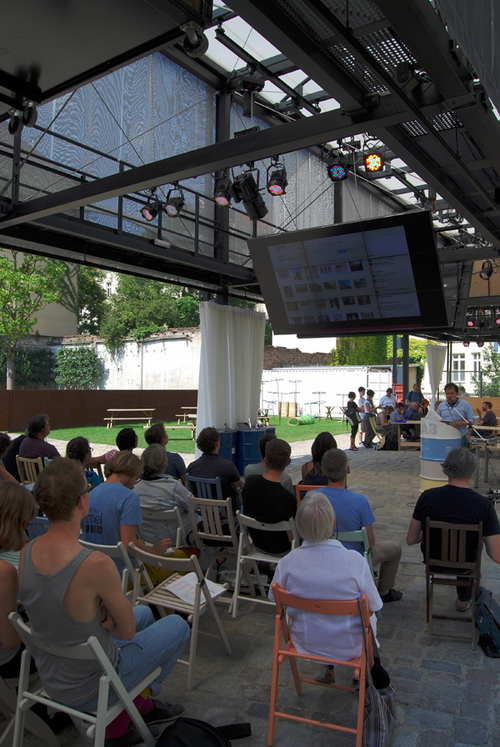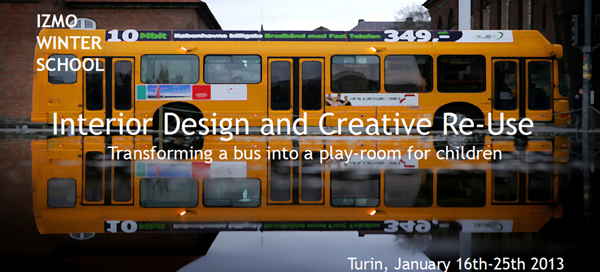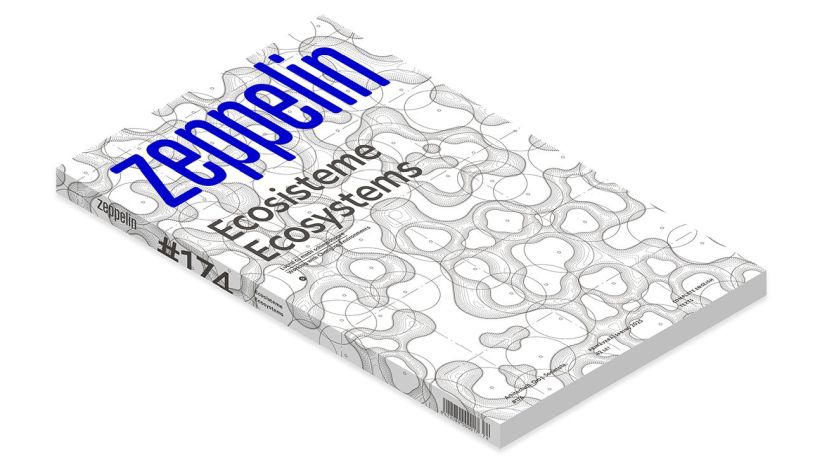Izmo, after two editions of Summer Schools, has organized the first edition of the International Winter School in Turin (Italy) from January 16th to January 25th 2013, which focuses on interior design and creative re-use. The course is targeted to students, graduates, professionals, and, in general, anyone who is interested in the subject of ecological and creative design.
News
23.11.2012 / 24.01.2013
“GM Cantacuzino – a hybrid modern” exhibition opened at Generalkonsulat von Rumanien, Richard-Strauss-Straße 149, 81679 München
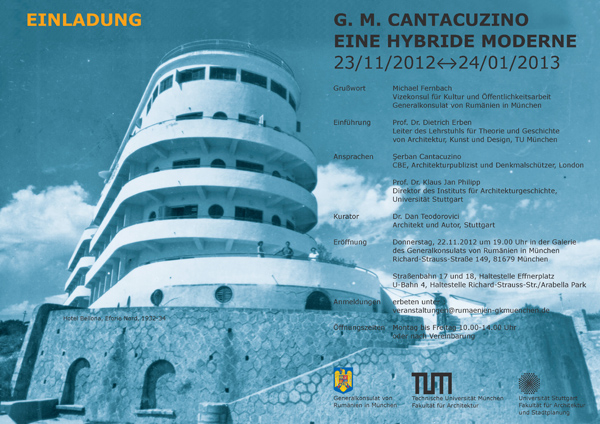
Bioreactive façade with photobioreactors for cultivating microalgae as an energy resource
Text: Jan Wurm / Project: Arup
Photovoltaics (PV) and solar thermal collectors are at present the established technologies for producing energy at the building. PV currently only covers 2% of total energy consumption (Germany 2010) and a fraction is generated through Building Integrated Photovoltaics (BIPV). Biomass is by far the biggest renewable energy source; however to date no technology has been available to use this resource on the building scale.
%20SSC.JPG)
Aerial assault of electrical and telecom cables can be clearly noticed by everyone in the cities. Yet, the chaotic state of the wire coils precariously hanging on poles could call away from another urban problem, at ground level, though: the electrical transformer and switching stations meant for digital communication networks. The humming tin boxes often appear as a sort of necessary evil at a visual level, particularly in historically sensitive areas. Designers, architects, engineers and administrators have not been worried too much about this problem until recently…
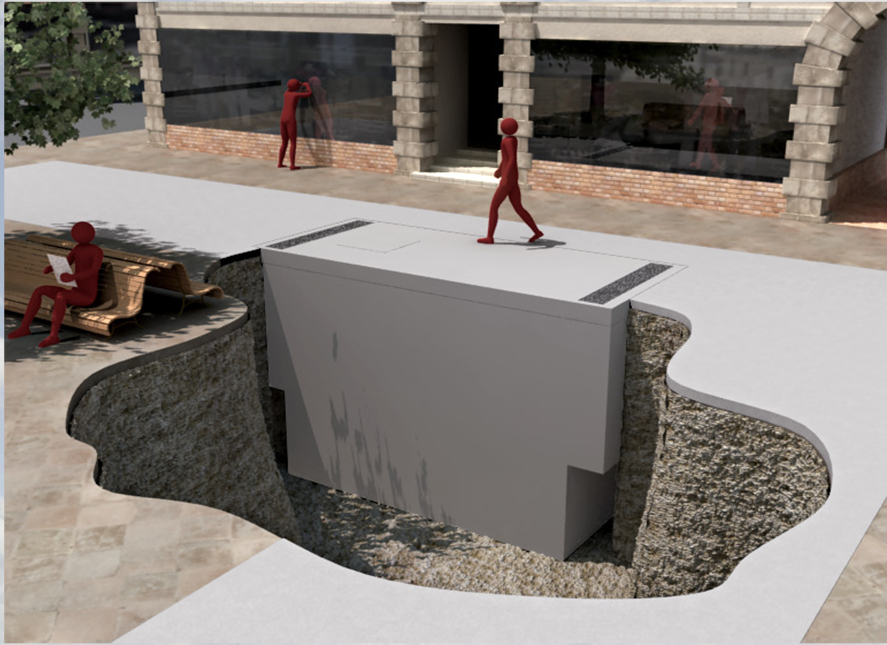
Text: Cosmin Caciuc, Dragos Scurtulescu / Design: Dragos Scurtulescu / Photo: Tiberiu Minzu
Designing smart affordable offices as a response to recent global challenges: The Hub Bucharest offers an integrated model of a breaking social collaboration in our country.
The Hub is a network of co-working offices founded in London, in 2005, and now successfully extended worldwide. In Romania, there are initiatives based on workspace rentals. However, The Hub provides a long-range integrated concept and three basic principles:
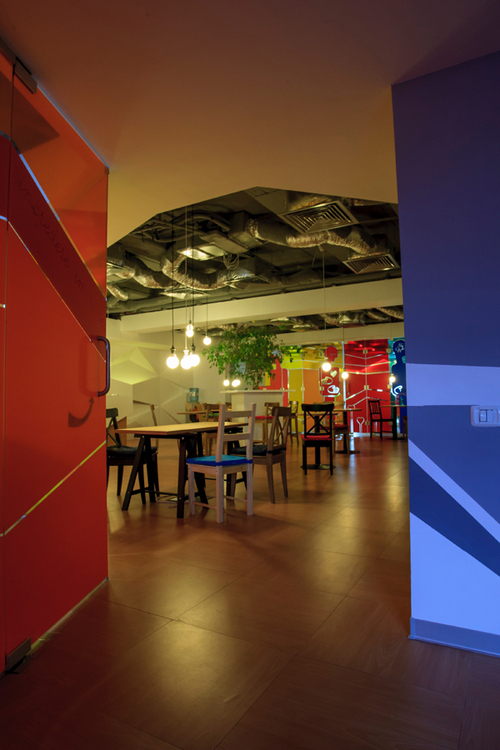
We turned used laptops and other electronic devices into independent reporters that document their “second life”, sending us images and GPS coordinates from remote places. The information they report back offers first-hand perspectives – glimpses into e-waste recycling villages, local thrift stores, public schools and libraries – that prompt a reflection on our society’s relationship with our electronic devices.
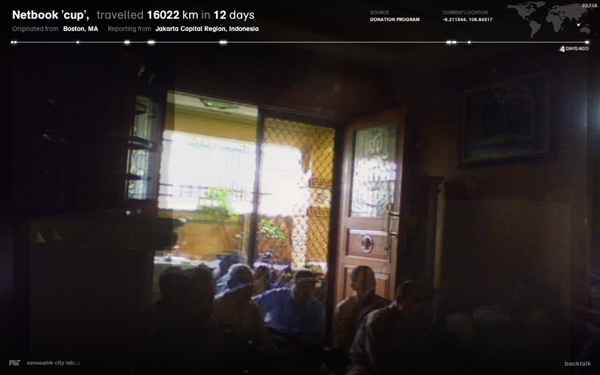
Imagine a future where immense amounts of trash didn’t pile up on the peripheries of our cities: a future where we understand the “removal-chain” as we do the “supply-chain”, and where we can use this knowledge to not only build more efficient and sustainable infrastructures but to promote behavioral change. In this future city, the invisible infrastructures of trash removal will become visible and the final journey of our trash will no longer be “out of sight, out of mind”.
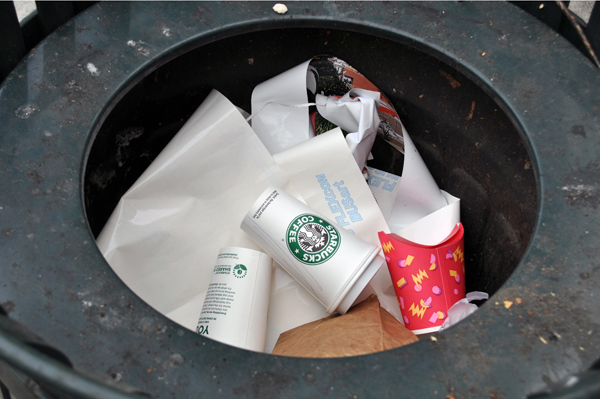.jpg)
Text: MIT SENSEable City Lab / Illustratiions: Jennifer Dunnam
The past years have seen a rising interest for quality grown, fresh and local produce distributed through farmer’s markets, on-site-purchases or mobile vendors. Food markets and street vendors have existed since the earliest town settlements were formed and mobility was once a critical feature for adapting to seasonal changes and city dynamics. Today’s farmer’s markets operate around fixed schedules and locations, which limit their exposure and rarely reflect supply and demand fluctuations. As cities continue to grow in size and complexity with urban populations increasingly connected and mobile, there arises an opportunity to re-examine food distribution strategies and design the farmer’s market in a way that improves efficiency by enhancing communication between producers and consumers. MatchingMarkets is a mobile network of vendors using real-time communication to optimize distribution, increase awareness of local products, respond to seasonal activity patterns, and strengthen connections between local supply and demand.
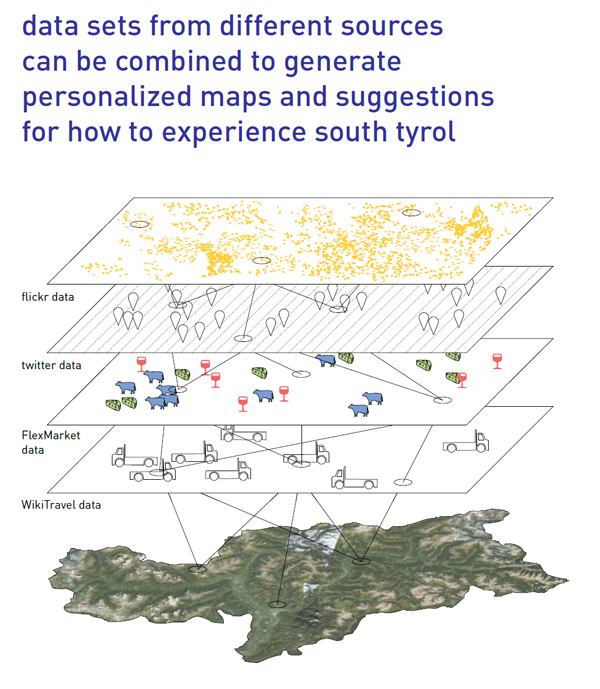
„The Cophenhagen Wheel” is project realized for Kobenhavns Kommune and financed by Ministry for the Environment in Denmark. Controlled through your smart phone, a bicycle wheel becomes a natural extension of your everyday life. You can use your phone to unlock and lock your bike, change gears and select how much the motor assists you. As you cycle, the wheel’s sensing unit is also capturing your effort level and information about your surroundings. Access this data through your phone or the web and use it to plan healthier bike routes, to achieve your exercise goals or to meet up with friends on the go. You can also share your data with friends, or with your city – anonymously if you wish – thereby contributing to a fine-grained database of environmental information from which we can all benefit.
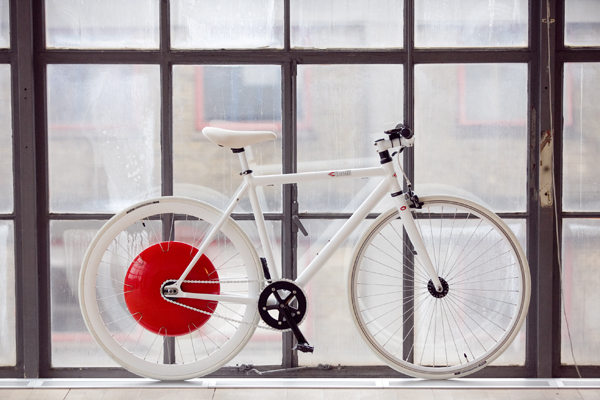
As already indicated in the previous number of our magazine, we will continue to present the events we took part in during the BMW Guggenheim Lab programme in Berlin. On 27 July, the MIT SENSEable City Lab team led by Carlo Ratti organized a workshop in Alexanderplatz which took several hours and was dedicated to the smart monitoring of public space. According to the information presented by the team members in the introduction to the event, the monitoring is part of the cognitive mapping culture of urban space based on the research of Kevin Lynch, a town-planner from the ‘50-‘60s (essential for the academic tradition of MIT).
